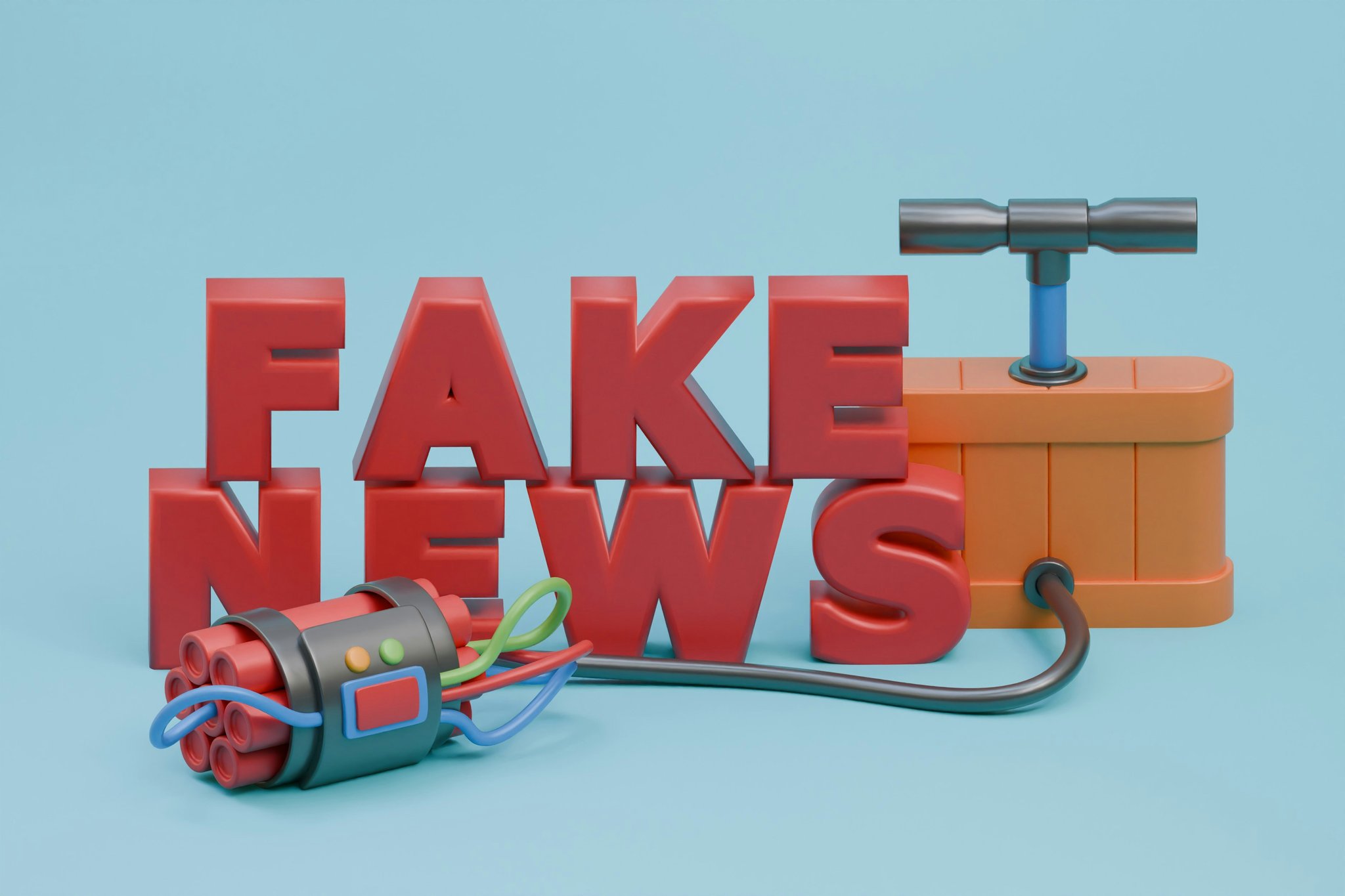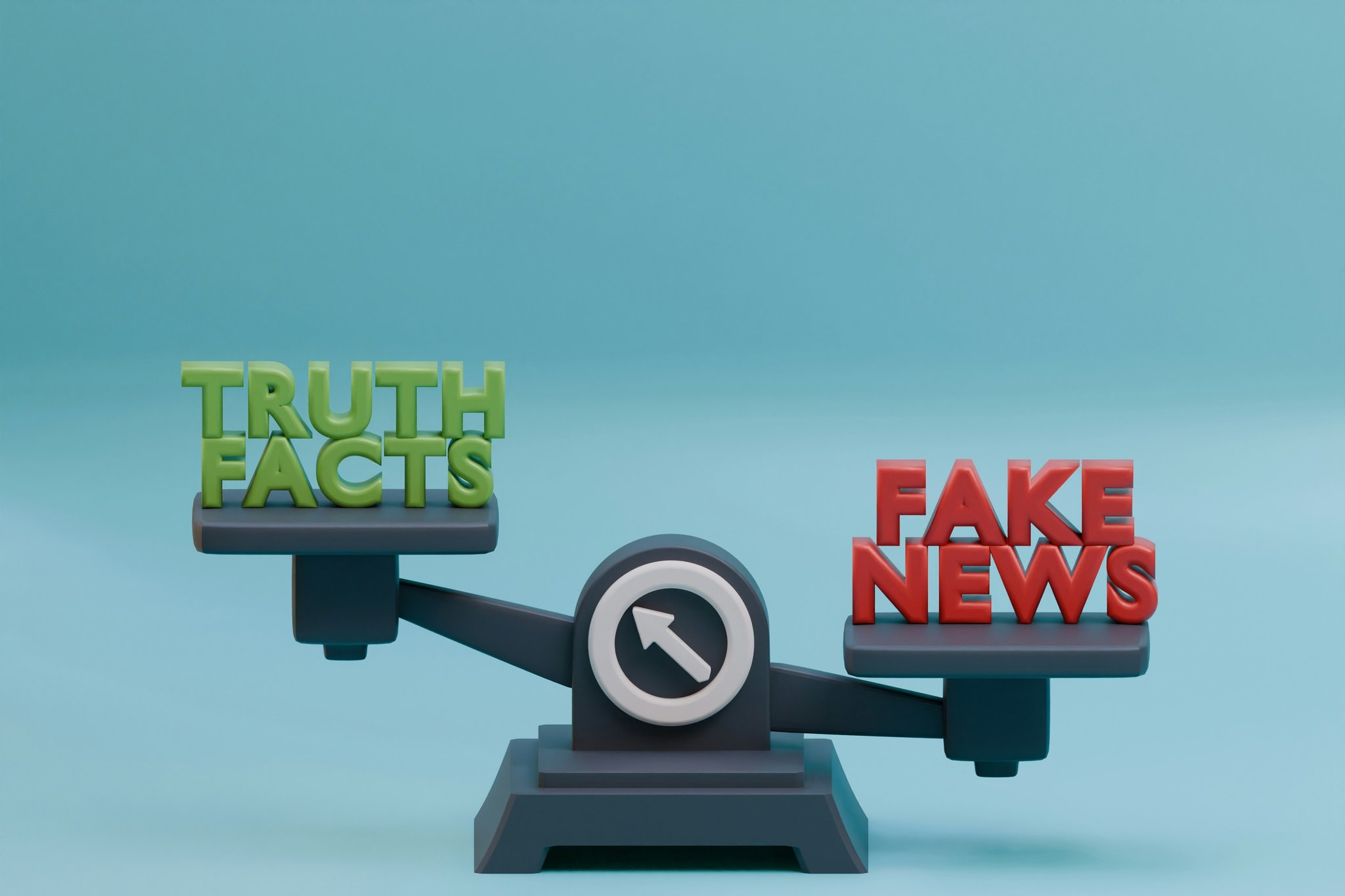Have you ever considered what happens if your media project gets tangled in legal drama? Imagine pouring your heart into a podcast or YouTube series only to face an unexpected lawsuit claiming defamation, copyright infringement, or privacy violations. Sound stressful? That’s where media lawsuit coverage steps in—a potential lifesaver.
In this guide, we’ll break down everything you need to know about protecting yourself with the right type of insurance. From understanding why it matters to actionable tips on finding the best plan, here’s what you can expect:
- Why media professionals need specialized insurance.
- A step-by-step guide to securing proper coverage.
- Tips for avoiding common pitfalls when choosing policies.
Table of Contents
- Key Takeaways
- Why Media Insurance Matters More Than Ever
- How to Choose the Right Media Lawsuit Coverage Plan
- Best Practices for Managing Your Policy
- Real-Life Examples: When Media Lawsuit Coverage Saved the Day
- Frequently Asked Questions About Media Lawsuit Coverage
Key Takeaways
- Protection Against Lawsuits: Media lawsuit coverage safeguards content creators from financial ruin due to legal claims.
- Specialized Policies: Not all insurance plans are created equal; ensure yours covers risks specific to your industry.
- Proactive Planning: Understanding policy terms now saves stress later—always read the fine print!
Why Media Insurance Matters More Than Ever

I’ll never forget the time I accidentally used someone else’s music track in a video without realizing it wasn’t royalty-free. The DMCA takedown notice felt like a punch to the gut—it was embarrassing and stressful. Thankfully, my media lawsuit coverage had me covered, but not everyone is so lucky.
With the rise of digital platforms, lawsuits targeting content creators have skyrocketed. According to recent studies, defamation and intellectual property disputes account for over 60% of claims made by media professionals annually. Whether you’re producing podcasts, videos, or written content, exposure to these risks is inevitable.
Optimist Me: “Insurance protects us from worst-case scenarios!”
Grumpy Me: “Yeah, but who wants to spend hours reading policy jargon?”
How to Choose the Right Media Lawsuit Coverage Plan

Choosing the perfect media lawsuit coverage doesn’t have to feel overwhelming. Follow these simple steps:
1. Assess Your Unique Risks
Ask yourself: What kind of content do you create? Are there sensitive topics involved?
2. Research Providers Specializing in Media Professionals
Not all insurers understand the nuances of modern media work. Look for companies catering specifically to journalists, YouTubers, influencers, etc.
3. Compare Coverage Limits and Premiums
Higher limits mean greater protection, but don’t stretch beyond your budget unnecessarily.
4. Double-Check Exclusions
Beware hidden exclusions. For example, some plans exclude libel unless explicitly stated otherwise.
Note: Terrible Tip Alert! Don’t assume cheaper means better—it often leads to insufficient coverage.
Rant Corner
Seriously, folks, stop skimping on insurance because “it won’t happen to me.” Picture this: A single defamation claim could cost tens of thousands in legal fees alone. Sounds like nails-on-a-chalkboard bad, huh?
Best Practices for Managing Your Policy
- Review Annually: Policies change, and so does your business model. Stay updated.
- Keep Records: Maintain copies of contracts and correspondence—it’s handy during claims.
- Work With Legal Pros: Sometimes consulting an attorney before finalizing insurance details makes sense.
Real-Life Examples: When Media Lawsuit Coverage Saved the Day

Take Sarah, a popular podcaster sued for allegedly using copyrighted material in one episode. Thanks to her comprehensive media lawsuit coverage, she avoided bankruptcy while keeping her show running smoothly. Stories like hers prove how vital such protection truly is.
Frequently Asked Questions About Media Lawsuit Coverage
What exactly is media lawsuit coverage?
It’s a form of liability insurance designed to protect media professionals from lawsuits related to their work.
Is it expensive?
Pricing varies based on factors like scope and risk level, but affordable options exist.
Can freelancers benefit too?
Absolutely! Freelancers face similar risks as full-time creators.


